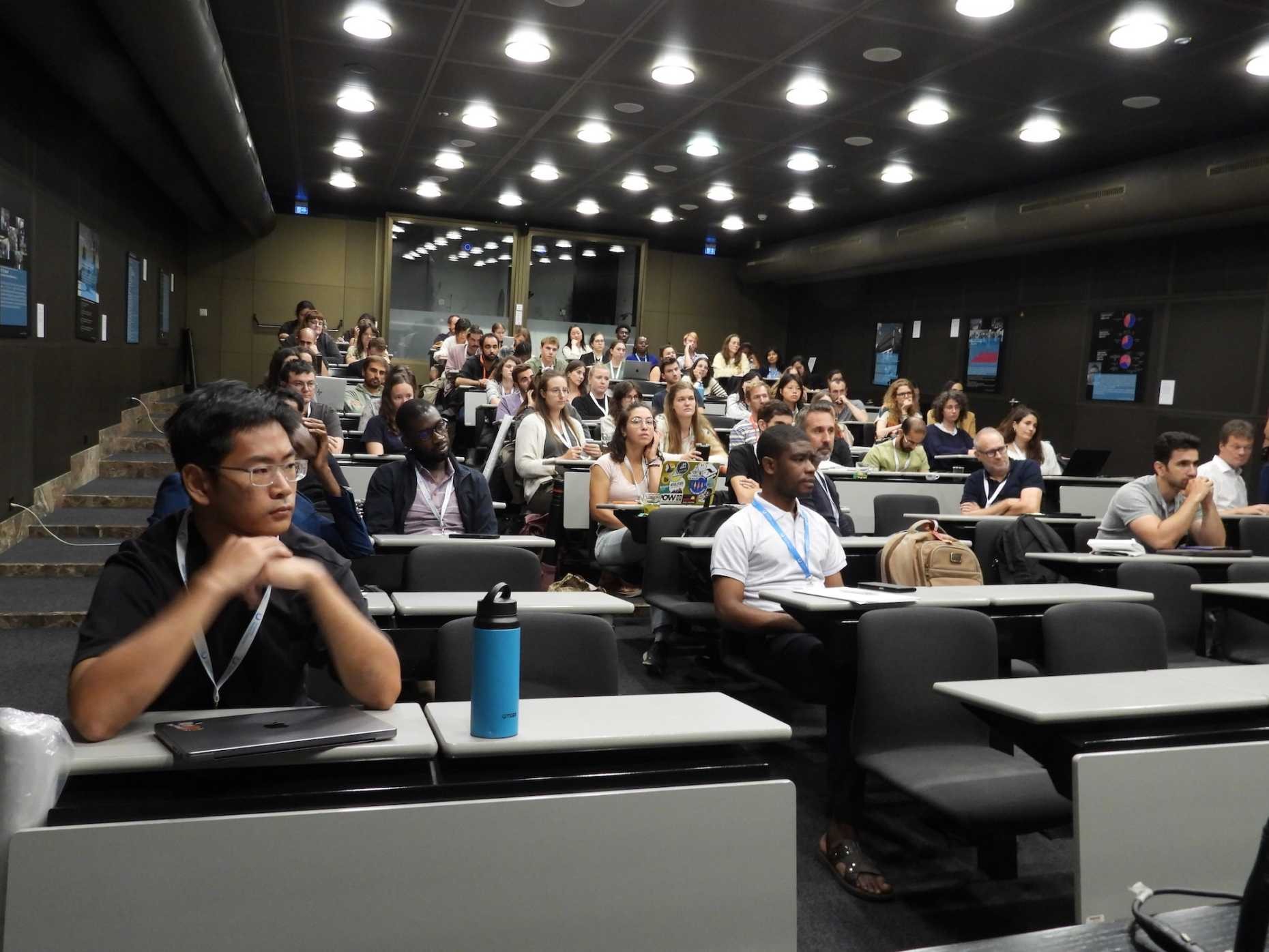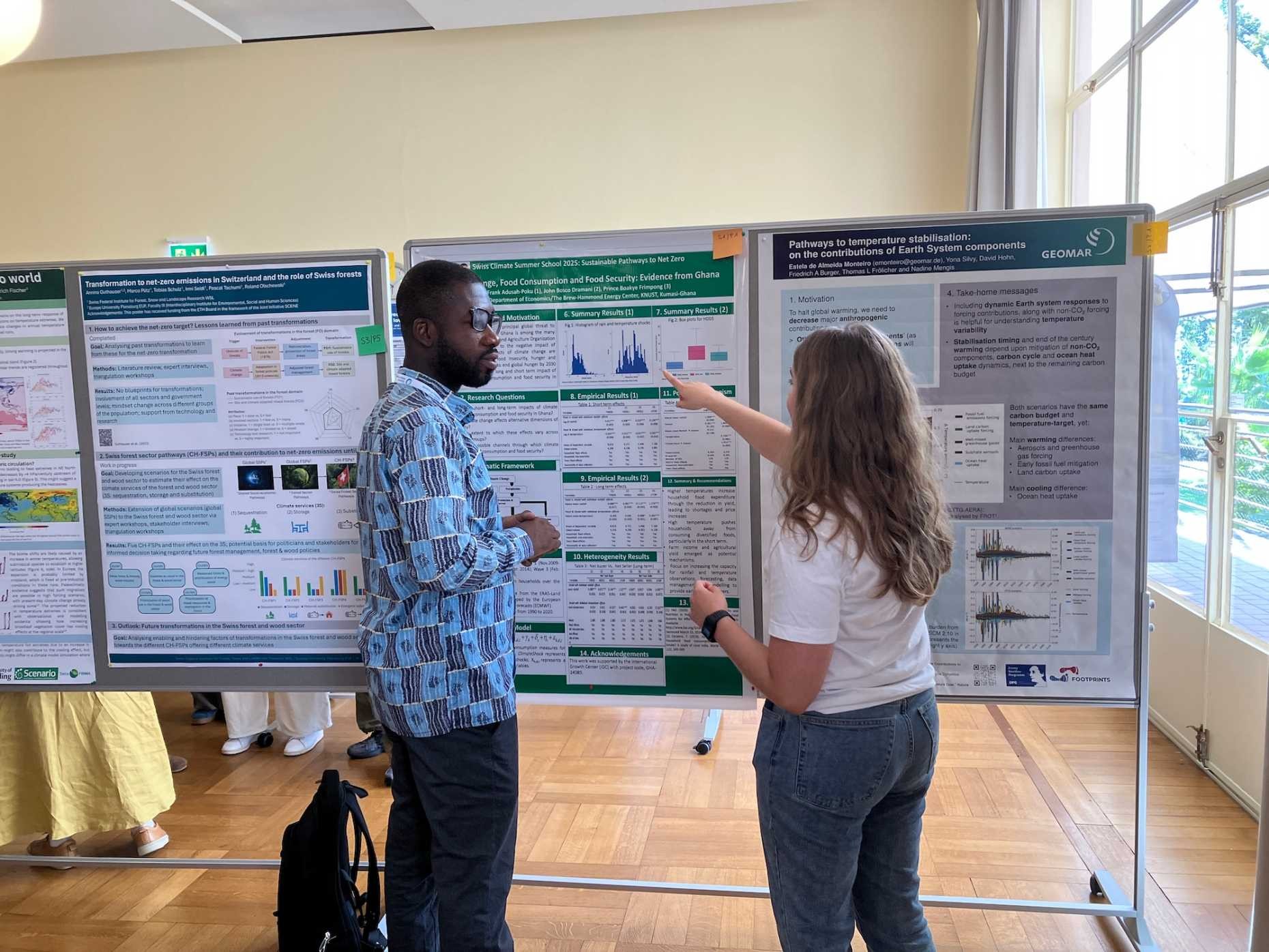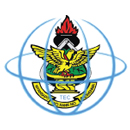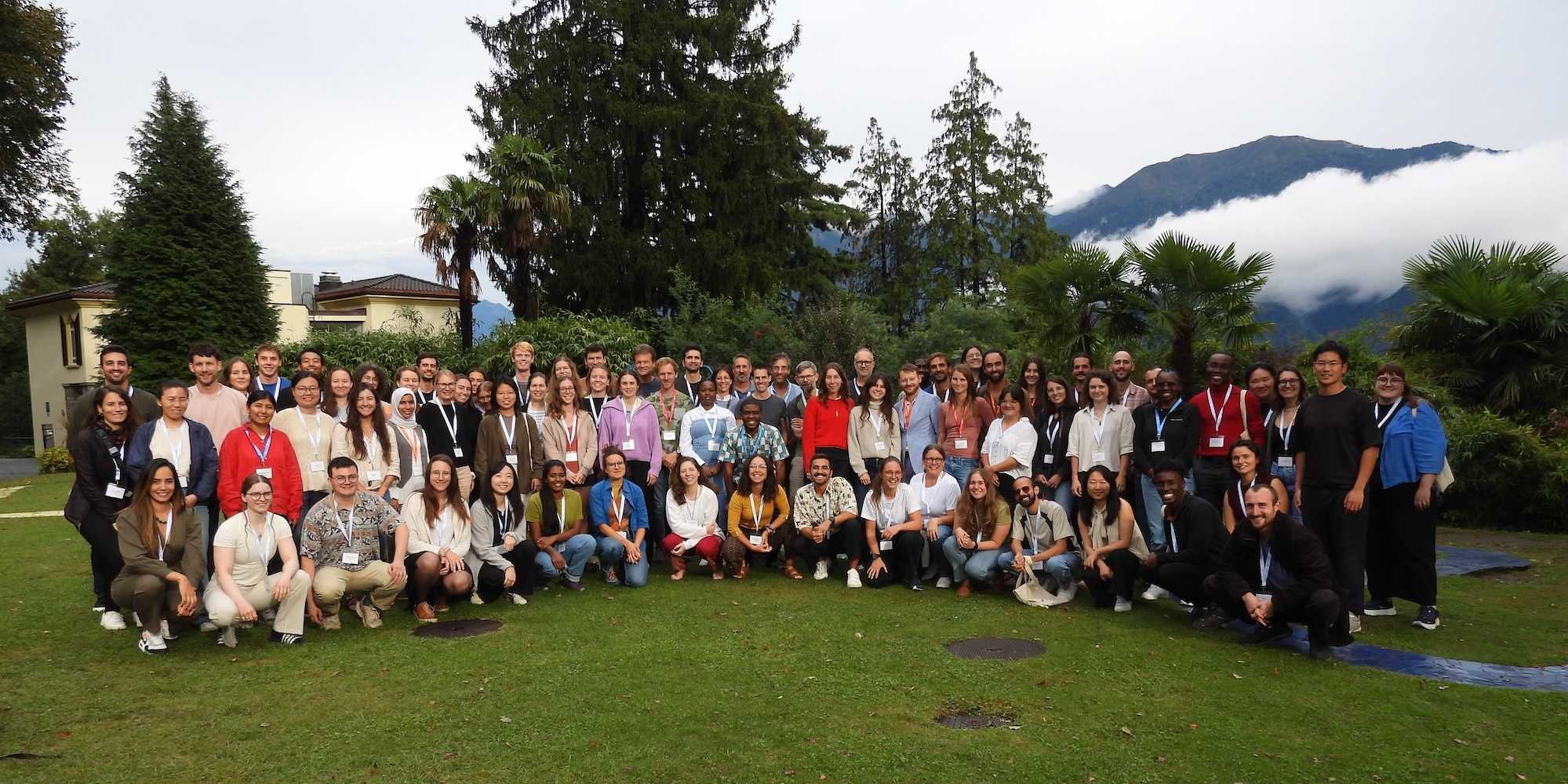Three fellows of the Brew-Hammond Energy Centre, Dr. Prince Junior Asilevi and Dr. Frank Adusah-Poku, Dr. Emmanuel Dzisi have represented the Centre at the 23rd Swiss Climate Summer School, an internationally renowned programme jointly organised by the Center for Climate Systems Modeling (C2SM) at ETH Zurich and the Oeschger Centre for Climate Change Research (OCCR) at the University of Bern.
The Summer School, themed “Sustainable Pathways to Net Zero" focused on the interface between science and policy and the integration of climate-energy systems.
 Dr. Prince Junior Asilevi, a Lecturer and Research Scientist in Atmospheric and Environmental Physics, described the experience as transformative.
Dr. Prince Junior Asilevi, a Lecturer and Research Scientist in Atmospheric and Environmental Physics, described the experience as transformative.
“The school enhanced my understanding of the integration between climate modelling, socio-economic systems, and sustainable energy planning. Skills gained in data-driven energy modelling, interdisciplinary communication, and collaboration frameworks are directly applicable to ongoing research on energy demand, renewable systems optimisation, and climate-smart development within the Centre’s mandate,” he shared.
He also highlighted the Centre’s ongoing collaborations with ETH Zurich and other international institutions as key opportunities for joint research, staff exchange, and capacity building. According to him, these partnerships will further strengthen the Centre’s regional leadership in energy and climate innovation, supporting Ghana’s transition toward net-zero emissions and sustainable urban energy planning.
 Dr. Frank Adusah-Poku, Senior Lecturer at the Department of Economics, KNUST, also shared insights from his participation. As an energy and environmental economist researching the impacts of climate change on micro and macroeconomic outcomes, Dr. Adusah Poku noted that the Summer School’s focus directly complements his work at the Centre.
Dr. Frank Adusah-Poku, Senior Lecturer at the Department of Economics, KNUST, also shared insights from his participation. As an energy and environmental economist researching the impacts of climate change on micro and macroeconomic outcomes, Dr. Adusah Poku noted that the Summer School’s focus directly complements his work at the Centre.
“One key lesson from the programme was the responsibility of researchers and scientists to communicate climate issues effectively to both the public and policymakers. It is our duty to present accurate evidence and facts to counter misinformation on global warming,” he said.
He further participated in a Green Growth and De-growth debate, which, he said, enhanced his communication skills and ability to express complex ideas clearly. His poster presentation also provided a platform for knowledge exchange with international participants from diverse disciplines.
Reflecting on the overall experience, Dr. Adusah-Poku noted that the Summer School equipped him with advanced knowledge, skills, and networks that will benefit both KNUST and the Brew-Hammond Energy Centre. He plans to integrate lessons on climate modelling, climate communication, and policy into his teaching, curriculum development, and future research.
Dr. Emmanuel Dzisi, Lecturer at the Department of Civil Engineering, shared how the insightful experience at the summer school transformed his perception.
“I learnt about the inner workings of the IPCC through firsthand experiences from some of the key individuals involved in developing its reports, such as Prof. Reto Knutti, Prof. Piers Forster, and Prof. Joeri Rogelj,” he said.
“I also gained a deeper understanding of how various models are used to shape the policies countries eventually adopt. The summer school reaffirmed some of what I already knew, like the impact of transportation emissions on global warming but it also broadened my perspective on the political nature of IPCC discussions surrounding these issues.”

